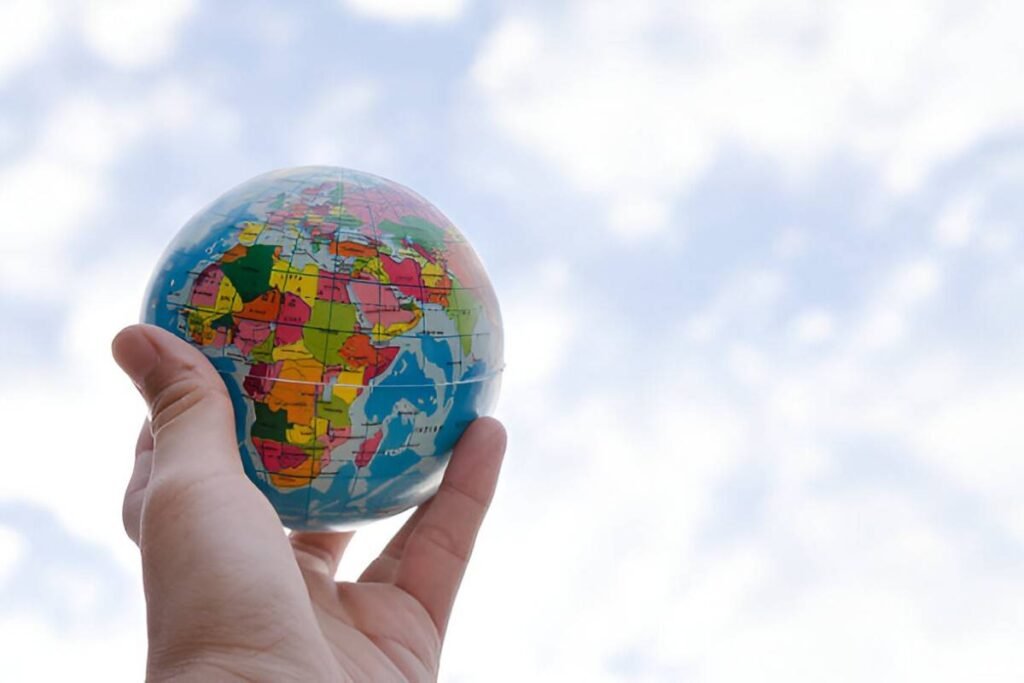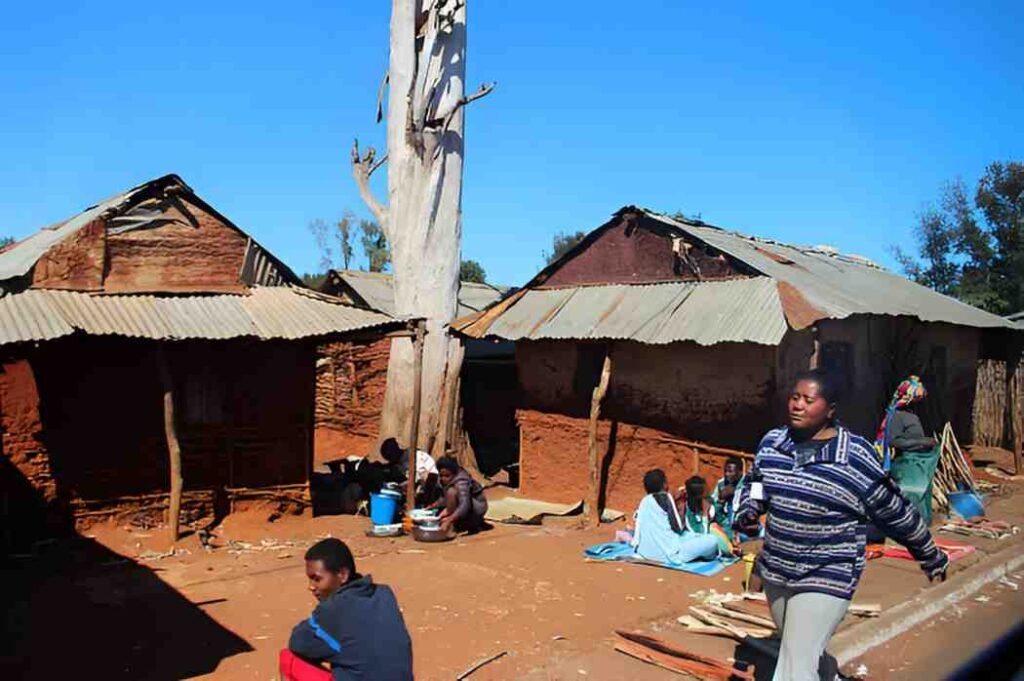Africa is an exotic land full of rich history and vibrant cultures. When I consider which African countries hold the most significant influence today, several factors come into play: economic power, political stability, cultural impact, and regional leadership among them all come to play here. Let’s examine five nations I believe wield the most incredible power on their respective continent.
Table of Contents
1. Nigeria: The Giant of Africa
· Economic Powerhouse
Nigeria, often dubbed the “Giant of Africa,” boasts Africa’s largest economy and oil reserves among the largest in the world. Yet Nigeria isn’t just known for oil; there’s also an active tech scene often called the Silicon Valley of Africa, with Lagos as its hub. Lagos bustles with entrepreneurial energy that drives innovation while drawing investment dollars.
· Political Influence
Nigeria plays an indispensable role in regional politics. As one of the founding members of ECOWAS and peacekeeping missions across Africa, Nigeria inspires African states that aspire to democratic stability. Nigeria stands as an excellent model in this regard.
· Cultural Impact
Nigerian culture, specifically through Nollywood (its film industry) and Afrobeat music, has an enormous global reach. Nollywood produces more films yearly than Hollywood; their movies can be found across Africa and the diaspora. Afrobeat, made famous by legends like Fela Kuti or modern-day artists like Burna Boy, resonates worldwide, shaping global musical trends.
2. South Africa Is A Rainbow Nation
· Economic Diversity
South Africa’s economy is one of the two largest in Africa and boasts incredible variety, from mining to manufacturing, finance, and tourism – its economic sectors cover everything. Home to one of Africa’s premier stock exchanges (the Johannesburg Stock Exchange), South Africa is an economic powerhouse supported by superior infrastructure over many African nations that spur this activity.
· Political Landscape
South Africa’s transformation from apartheid to democracy is a pivotal chapter in world history and an emblem of reconciliation and human rights. South Africa plays an influential role in regional bodies such as the African Union, frequently mediating conflicts and championing justice as part of this transformation process.
· Cultural Mosaic
South Africa is an irrepressibly vibrant cultural mosaic. Home to eleven official languages and boasting an international population, South Africa boasts art, music, and literature, which has received international acclaim over time – its iconic leaders like Nelson Mandela and Desmond Tutu have left indelible marks upon global conscience through advocating peace and equality campaigns.
3. Egypt: The Cradle of Civilization
· Historical Significance
Egypt has always held great historical and tourism value, boasting ancient wonders like the Pyramids of Giza and Sphinx to draw millions of tourists yearly, thus helping its economy diversify by capitalizing on historic assets for economic gain.
· Political Role
Egypt plays an indispensable role in Middle Eastern and African politics. A founding member of the African Union and Arab League, it is an intermediary between Africans and Arabs. At the same time, its position along the Suez Canal makes it essential to global trade routes.
· Cultural Heritage
From its origins to modernity, Egyptian culture continues to shape many aspects of global culture. Ancient Egyptian contributions in writing, architecture, and art continue to captivate people worldwide, while modern Egyptian cinema and music industries also exert significant influence globally.
4. Kenya: The Hub of East Africa
· Economic Gateway
Kenya has long been recognized as an economic gateway to East Africa. Nairobi serves as its commercial center, hosting regional headquarters for multinational companies and international organizations. Kenya boasts a vibrant economy built upon agriculture, tourism, and technology; Kenya also pioneered mobile banking innovations with M-Pesa, revolutionizing financial inclusion for many Africans.
· Political Stability
Kenya has typically enjoyed political stability that allows economic development. Kenyan involvement with regional bodies like the East African Community (EAC) demonstrates this point further.
· Cultural Vibrancy
Kenya’s cultural vibrancy can be observed through music, art, and sports, particularly its long-distance runners who dominate global athletics. Kenyan music and literature also reflect this vibrant nation; notable writers like Ngugi wa Thiong’o have contributed significantly to global literature through their works.
5. Ethiopia: The Land of Origins
· Historical and Cultural Legacy
Ethiopia, often called the “Land of Origins,” holds an exceptional place in African history. Being the sole uncolonized African country gives Ethiopians pride. At the same time, their rich cultural legacy includes ancient churches and historic sites like Lalibela – not to mention one of the oldest Christian denominations worldwide: the Ethiopian Orthodox Church.
· Political Influence
Ethiopia holds significant political sway across Africa’s Horn region. Addis Ababa serves as host for the African Union headquarters, making Addis a political hot spot in its own right, further cementing Ethiopia as an influential player through regional peacekeeping operations and conflict resolution efforts.
· Economic Growth
Ethiopia’s economy is one of the fastest-growing in Africa, propelled by significant public investments in infrastructure. Ethiopia has made great strides toward modernizing manufacturing sector production while increasing agricultural yield, both of which have contributed to sustained economic development in Ethiopia. Yet political instability and regional conflicts threaten sustained development.
Conclusion: An Emergent Power on the Global Stage
Africa has made waves globally, with these five countries playing critical roles: Nigeria is economically powerful, South Africa stands out with its diverse economy and reconciliation process, and Egypt boasts historical and strategic significance. At the same time, Kenya serves as a gateway for economic expansion while Ethiopia stands out with its unique cultural heritage and political influence, all contributing to becoming some of Africa’s most significant nations.
These nations’ histories are interwoven with Africa’s rise, offering insight into a continent entirely of promise and poised for dynamic progress. By understanding their contributions and challenges, we can better appreciate Africa today as an immense continent filled with outstanding commitment and promise for growth.





